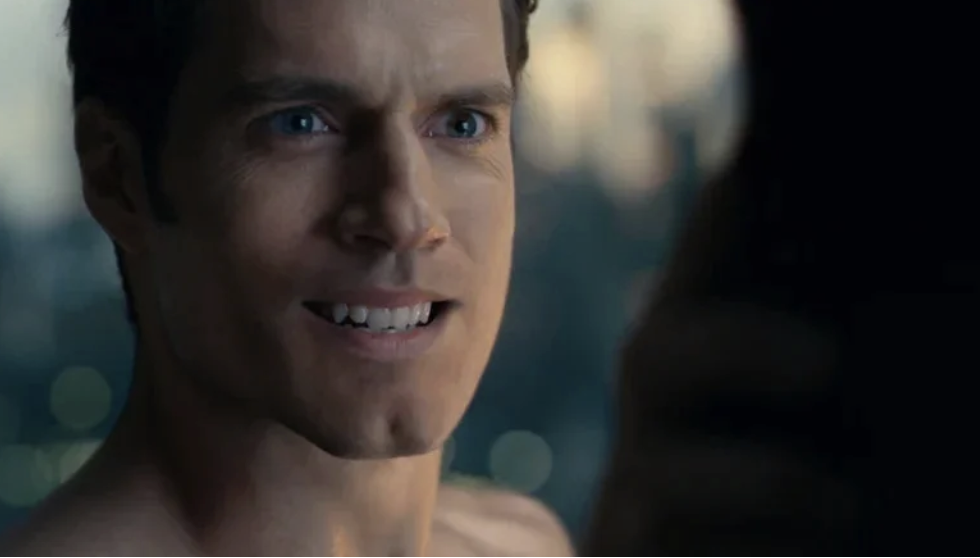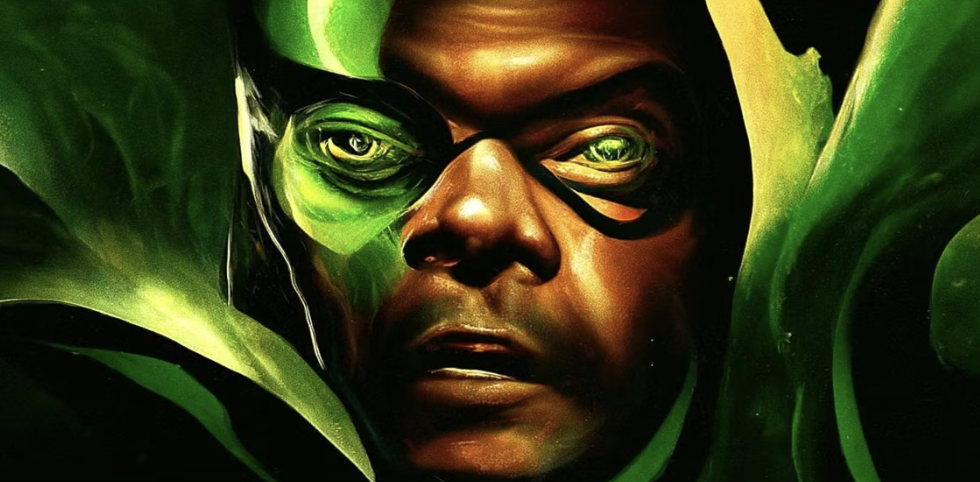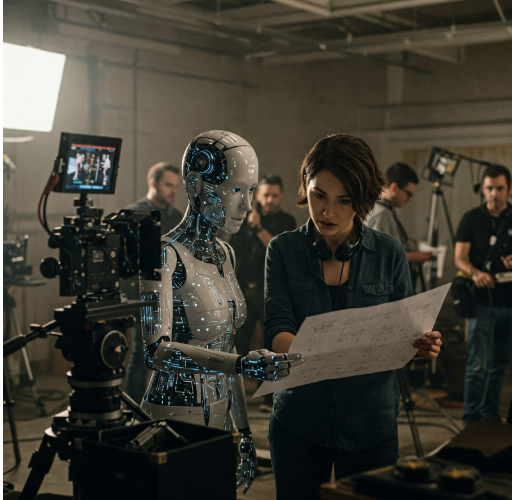Hey, I’m Ash. I work at Apolo, where we build AI tools that help creative people move faster without losing the soul of their work.
I’m also a massive nerd. I know way too much about Star Wars, Star Trek, and honestly, a long list of other franchises. You could say I’ve been more than a little invested over the years. For a while, some of my friends even nicknamed me “The Walking IMDb.” I’ve had way too serious debates about who the real Chosen One is. Anakin, Luke, or Rey Skywalker? Yes, Skywalker. Not Palpatine. I said what I said.
Movies, storytelling, and world-building have always been a huge part of my life. I think my first movie was Superman: The Movie (1978). Not in theaters. I’m an ’84 kid, so it was a crusty VHS copy in one of those cardboard sleeves. I remember sliding it into the VCR, sitting way too close to the screen with a bowl of popcorn and a cold Dr. Pepper (yes, I’m one of those people). I was so close I could feel the static buzzing off the glass. Then the music started, and Superman flew. That was it. I didn’t care how they pulled it off. It felt real. It felt like magic.
Now that AI is becoming a bigger part of how movies are made, I keep wondering what happens to that magic when machines start getting involved.
From black-and-white to CGI fatigue
Movies have always evolved. Silent films turned into talkies. Black-and-white became Technicolor. Green screens, digital effects, and now fully virtual sets changed how stories are told.
Jurassic Park (1993) gave us lifelike dinosaurs. Avatar (2009) immersed us in a fully digital alien world. Inception (2010) twisted dream logic into cityscapes and made it all feel grounded, yet grandiose.
But let’s be real. Not every upgrade improves the story.

Justice League (2017) spent millions trying to digitally erase Henry Cavill’s mustache. The result was distracting and awkward. It became a huge meme. It’s hard to take your villain seriously when Superman’s upper lip looks like it belongs in a cutscene from a PlayStation 2 game. And maybe we should also go ahead and keep Joss Whedon away from major franchises for a while. That includes Sam Raimi too ( just because someone made something cool twenty years ago doesn’t mean they should still be calling the shots). And cough Scorsese cough… it might be time to let go of the "cinema vs everything else" narrative and try something that doesn’t feel like a rehash of a rehash. But I digress.
Tech should enhance the story, not get in its way.
We’ve discovered oil, but the engine isn’t built yet
AI is powerful. Generative tools can spit out character art, mood boards, and even rough scripts in seconds. But let’s not act like we know exactly how to use this yet. We’re still in the early days.
It feels like we just struck oil. Great. Now what?

Secret Invasion (2023) is a perfect example of what happens when AI gets misused. Marvel used AI for the show’s opening credits, and fans noticed instantly. It looked off. Cold. It didn’t set the tone. It didn’t build tension. It felt like someone swapped out the human touch for a cheap tech demo.
And that’s the real risk. When you remove people from the process, you can feel it. The result might look fine on paper, but it feels hollow.
Here’s where AI actually makes sense
This isn’t about fearmongering. I’m not anti-AI. I think it can do incredible things, just not the things that matter most to storytelling.
Use AI for previs, virtual environments, lighting simulations, background characters, or production planning. That’s where it shines. It can speed up workflows and solve annoying, expensive, time-consuming problems.

The Mandalorian (2019-present) is a textbook example. The Volume, a giant LED wall that creates dynamic virtual environments in real time, helps filmmakers shoot complex scenes without ever leaving the studio. And if AI helps power that behind the scenes, awesome.
Just don’t let it write the story.
Want a modern gold standard for human-first filmmaking? John Wick (2014). The choreography. The pacing. The tone. Every frame feels intentional and obsessively crafted. That doesn’t come from a prompt. That comes from a room full of people who care.
AI should be your assistant, not your writer or director
Think of AI like an assistant director who never sleeps. It can help plan scenes, generate schedules, flag inconsistencies, and create shot references. All good things.
But it shouldn’t be giving notes on your characters’ emotional arcs. It shouldn’t be replacing a writer’s instincts or a director’s eye. That’s not what it’s for. And when it’s done like that, it’s never executed well.
Even at its best, AI still needs a human in the loop. Someone to train it, refine it, and know when to ignore it. Otherwise, you’re just automating chaos.
Used right, AI buys you back your time so you can focus on the stuff that actually matters.
Final thoughts

Every new leap in film sparked panic. Color. Sound. CGI. Now AI. And every time, we eventually found a way to make it work.
The question is how we handle it.
If we use AI to solve problems and speed up production, we’re in good shape. If we use it to skip the hard parts of storytelling, we’re asking for trouble.
Secret Invasion felt like a warning shot. Skip the human layer, and the magic falls apart. Audiences know. They feel it instantly.
We’re going to figure this out. The tools are evolving fast. So are the creatives using them. The real win is making sure AI supports the magic, not replaces it.
And now for the shameless plug
At Apolo, we build AI tools that help creative teams do more of what matters. We’re not here to replace storytellers. We’re here to automate the time-sucking, soul-crushing parts of the creative process so directors, producers, editors, and artists can stay focused on what actually moves the story forward.
If you work in film, TV, content, or production and want tools that make real creative work faster, we should talk.
Because movies are still magic.
And we’re here to help make sure they stay that way.
.svg)


